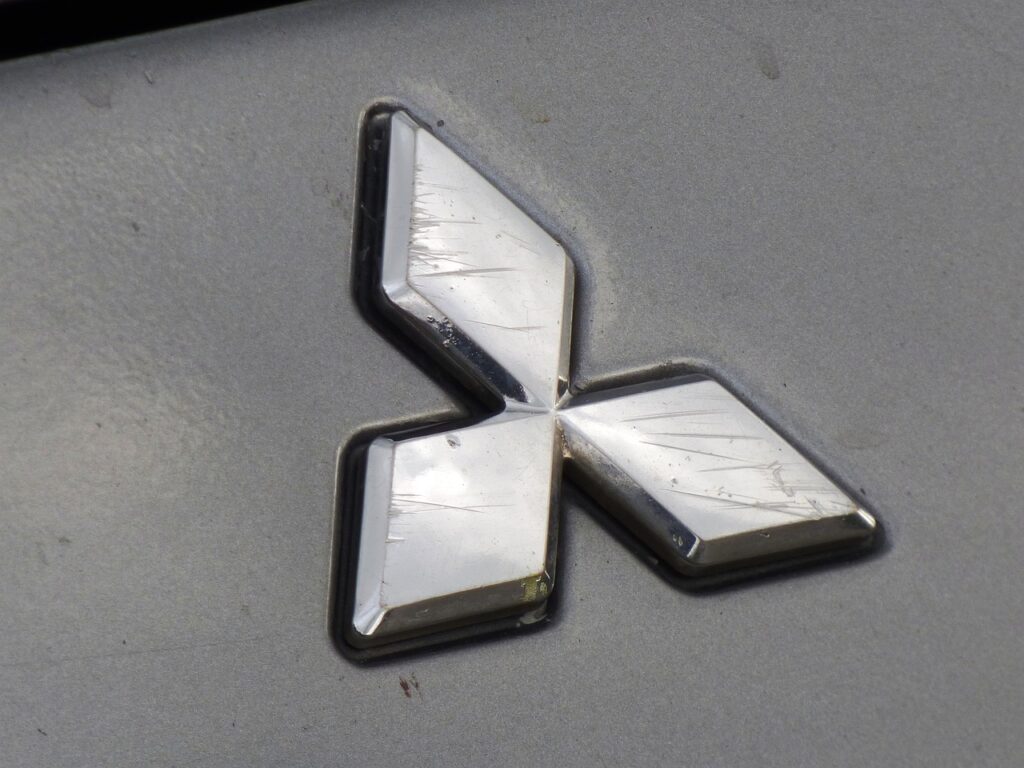Mitsubishi Heavy Industries (MHI) has successfully achieved stable combustion of hydrogen admixture through testing a single-cylinder engine.
According to industrial technology specialists at MHI, the test demonstrated stable combustion with hydrogen admixture levels of up to 50% by volume, all without compromising the engine’s rated output. This achievement is a testament to MHI’s commitment to harnessing the potential of hydrogen as a clean and efficient energy source.
The primary goal of this test was to transform the KU series gas engine cogeneration system into an environmentally friendly system with reduced emissions while maintaining the same output levels. It’s a crucial step in the journey towards cleaner and more sustainable power generation.
Throughout the testing phase, the MHI team faced technical challenges, including engine knocking due to hydrogen’s rapid flame propagation speed and preignition combustion caused by its lower minimum ignition energy. To achieve stable combustion, the team employed innovative approaches, including adjusting the excess air ratio and various parameters. Their diligent efforts paid off, as they succeeded in maintaining stable combustion even with a hydrogen admixture of up to 50% by volume, all while preserving the engine’s rated output. This achievement indicates that the cogeneration system, featuring the original 5.75MW engine, would achieve similar results.
What’s even more exciting is that the testing revealed the potential for the cogeneration system to attain a remarkably low CO2 emission coefficient of 0.27kg-CO2/kWh without the need to recover energy for hot water. This finding is a game-changer for reducing carbon emissions and aligns perfectly with the global drive towards greener energy solutions.
Mitsubishi Heavy Industries Engine & Turbocharger (MHIET) is actively working to finalize the specifications of auxiliary equipment that will be installed alongside the engine. The control systems for all related equipment are also under development with the goal of commercialization in 2025. This project is a crucial part of MHI’s broader mission to achieve net-zero CO2 emissions from the entire group by 2040. Hydrogen engines are at the forefront of MHI’s strategy for carbon neutrality, and this pioneering effort represents a significant step towards a more sustainable and environmentally conscious future.
The success of stable hydrogen combustion is not just an achievement for MHI; it’s a milestone for the entire clean energy industry. As we look towards a future powered by sustainable hydrogen solutions, MHI’s breakthrough demonstrates that the potential for cleaner and more efficient power generation is closer than ever.





